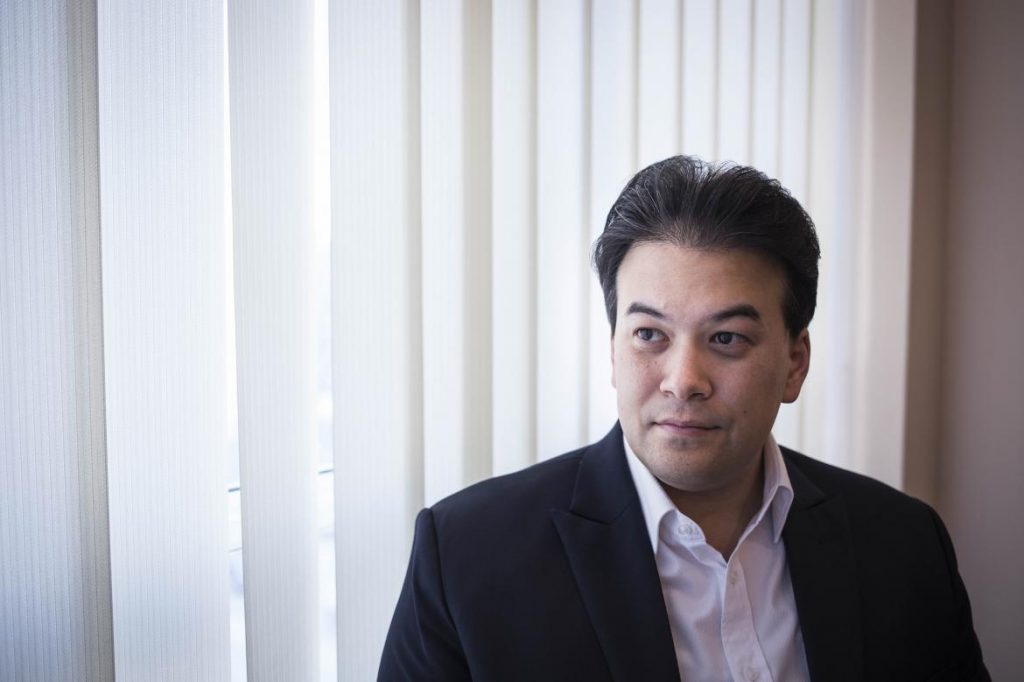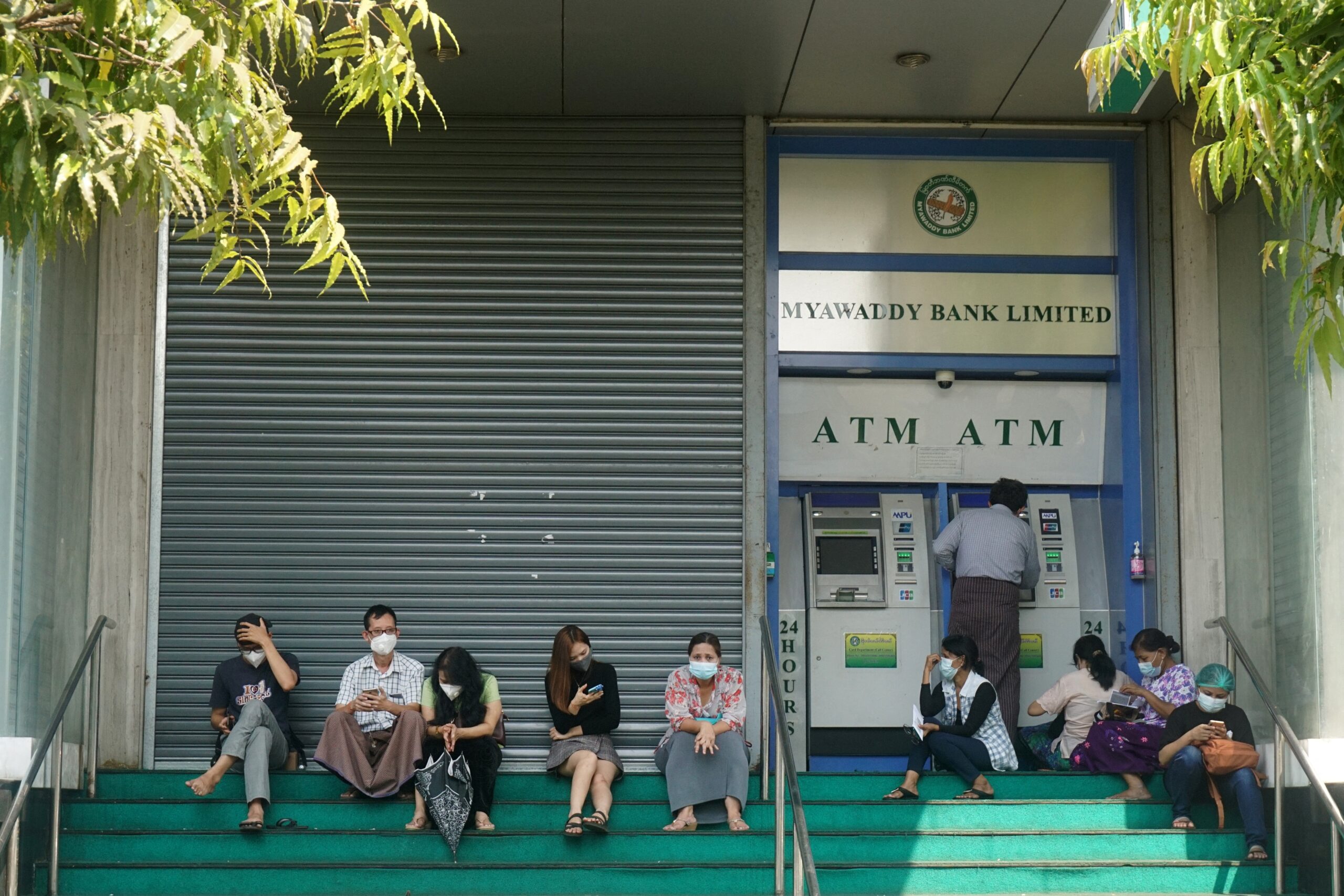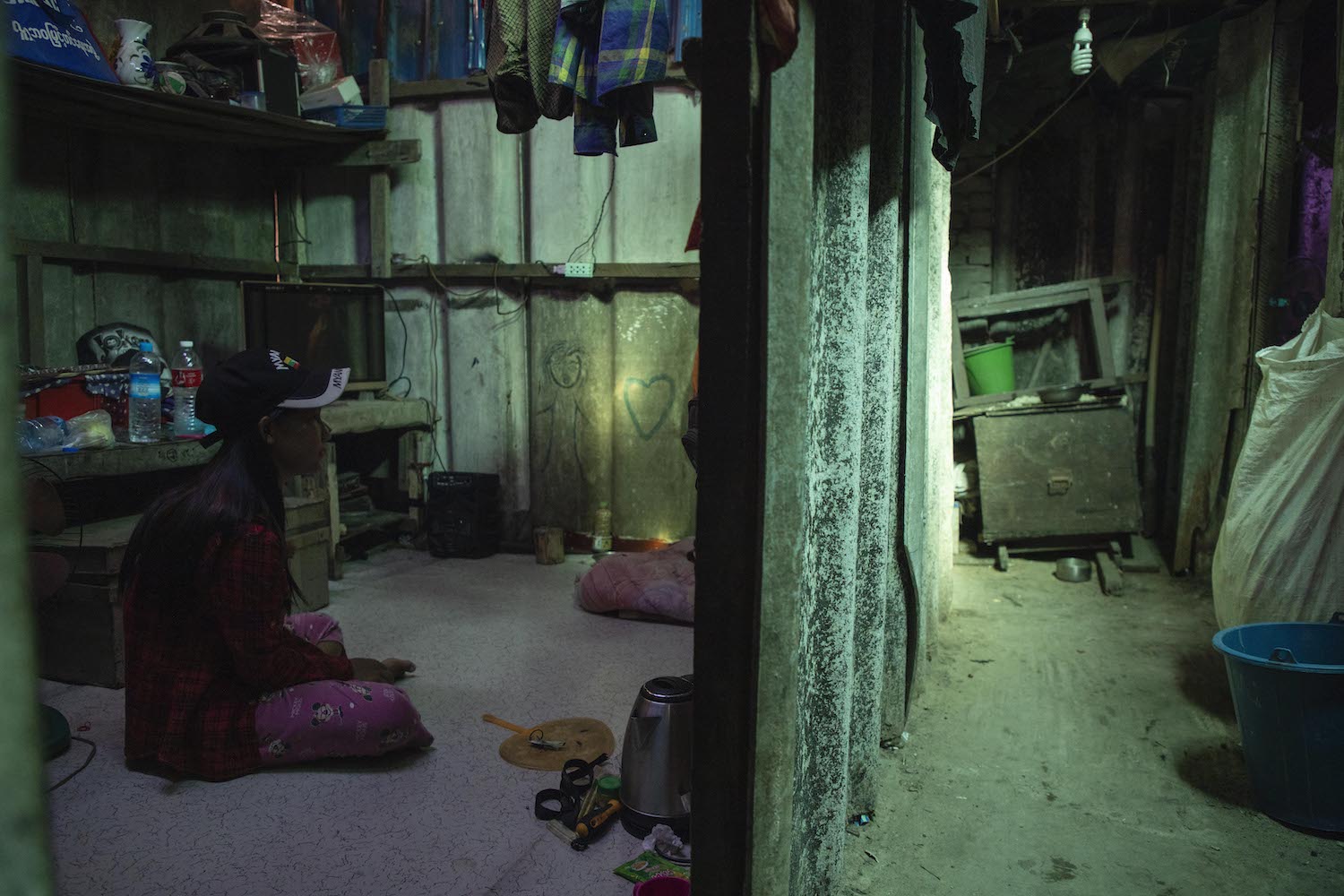Financial consultancy Thura Swiss is among the companies that have applied for a broker’s licence at the new Yangon Stock Exchange. Thura Swiss founder and chief executive officer Ko Aung Thura discussed Myanmar’s economic potential and the outlook for the YSX in a wide-ranging interview with Frontier’s Kyaw Phone Kyaw.
What does the incoming government need to do to attract more foreign investment?
They might need to amend the whole concept of some laws and regulations but after that they have to fix some segments of laws and official procedures. To get more investment, laws are not the only thing. Official procedures also need fixing because public servants cannot give time frames for completing them, which complicates business plans. Enforcement is also an important issue. In this country we have some good laws but they are not being enforced. Amending the Myanmar Companies Act is also important.
The Thein Sein government relaxed investment rules to allow foreign competition in the telecommunications and banking sectors. In which sectors should the incoming National League for Democracy government relax the rules to attract investment?
It is often said in Myanmar that agriculture is one of the main priorities but there has been no significant investment in this sector in the last five years, even though a small amount could bring big benefits.
The NLD’s economic policy platform gives priority to developing agriculture. What needs to be done to encourage foreign investment in the sector?
If the next government is determined to develop the agricultural sector, it could improve within two or three years. Land ownership is the most important issue for attracting foreign investment in agriculture. There is greater interest in the sector since the law was changed to allow farmers to buy or sell land.
But before we talk about foreign investment in this sector, the government has to clarify the land ownership issue. It’s complicated if foreign investors are not able to buy land but need thousands of acres for big commercial farms. One agribusiness option for foreign investors is contract farming. There are also opportunities in the production and export of agricultural products.
Support more independent journalism like this. Sign up to be a Frontier member.
One challenge faced by foreign investors is that they cannot negotiate with every farmer with whom they do business. Myanmar needs an organisation that can represent farmers in negotiations with foreign investors.
Which sector has the best investment potential?
The manufacturing sector has the best potential in the long term. But the first priority of the incoming government needs to be making the agricultural sector a success. If the government cannot make a success of the agricultural sector, it will have failed a major test.
It is often said that Myanmar has a strategic advantage because its neighbours are India, China and its ASEAN partners. Myanmar’s location is useless if we cannot take advantage of it. It’s difficult to travel by land to India and if you go to China, the roads near the border are blocked for days. So another priority of the government should be good connectivity with our neighbours.
There is a cheap labour advantage but on the other hand productivity is not as high as neighbouring countries. The disadvantages also include an unstable electricity supply and a lack of infrastructure. A strategic location and cheap labour are major advantages but if the country wants to benefit from them it has to fix the disadvantages. Then the country can attract foreign investment.
Foreign investors won’t flood in just because the country is changing to a democracy. They want to make a profit. If they think Indonesia is a better alternative, they will go there.
Let’s turn to the Yangon Stock Exchange. What’s your assessment?
As I wait the outcome of a broker’s licence application I’m observing the YSX from outside. Its success will depend on its performance in the first two or three years. The regulator is critical for the success of the YSX. The regulator must be decisive, experienced and impartial.
The key to the success of the stock exchange is trust and if the regulator can build trust, the YSX will probably be successful. If the regulator fails to take action over activities such as insider trading, trust will collapse and the stock exchange will fail.
What else is important for the YSX to succeed?
Education is needed for all those involved in the YSX. The regulator, the securities companies and potential investors lack skills and experience. There are some complex issues at play. The Ministry of Finance is involved as the regulator and the [state-owned] Myanma Economic Bank, that has a major share in the YSX, is also a securities company. Why does the government need to have a securities company? The securities business is risky. From my perspective, the government can have a share of the YSX but it should not be in the securities business.
There are also questions over the role of Daiwa Institute of Research, one of the two Japanese enterprises that have a 49 percent share of the bourse.
I say again, it depends on the regulator. If the regulator creates an impartial structure that eliminates conflict of interest, there won’t be a problem. It is said that Daiwa Institute of Research and Japan Exchange Group are different. How are they different? Who knows?
What challenges has Thura Swiss encountered in its relations with the YSX?
Let me cite some examples. It was announced that licence applications for securities companies had to be submitted within six weeks. The amount of specified paid-up capital was huge, K15 billion. Those who wanted to apply for a licence had six weeks to raise a huge amount of money. Then they took a year to screen the licence applications. We only found out at the last minute that we could form a joint venture with a foreign company.
It is very difficult to find a foreign partner in six weeks. We were able to do so because we already had a relationship with a foreign partner, but we were not happy about the situation. Likewise, they ordered that underwriters had to settle their K15 billion licence fee with the government within a month.
I think they need better planning so that those of us who need to know are better informed in advance about these things. Domestic companies are used to such a situation but it is a huge problem for foreign companies. Another problem is that the capital requirement for securities companies is very high compared with neighbouring countries.







